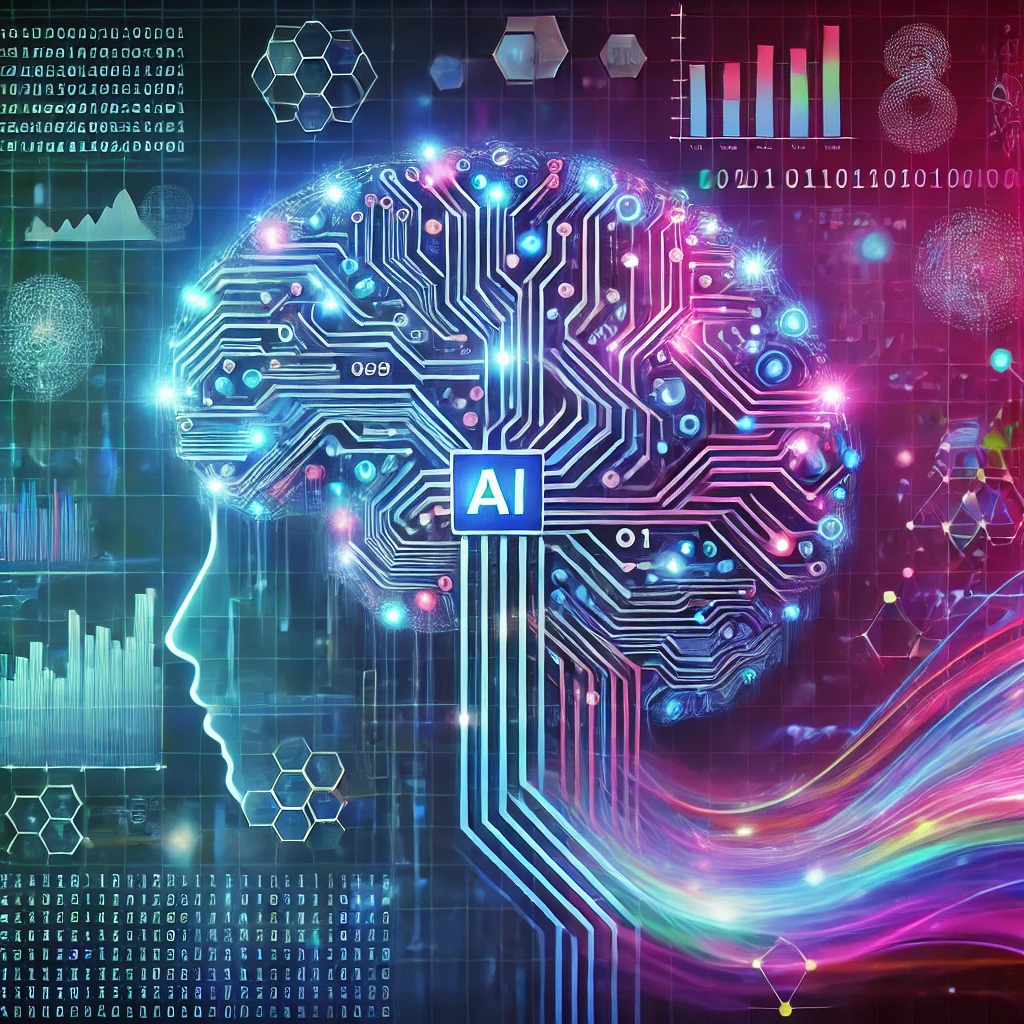Importance of Data in AI Learning
Data is fundamental to artificial intelligence (AI) because it enables the machine learning algorithms that drive AI systems. The relationship between data and AI is analogous to how fuel powers a car. Without data, AI systems cannot learn, make decisions, or perform tasks. Here’s why data is so critical:
- Training AI Models: AI systems, especially those based on machine learning (ML) and deep learning (DL), require large volumes of data to learn patterns and make predictions. The more diverse and comprehensive the dataset, the better the AI can generalize and perform well in real-world scenarios.
- Accuracy and Performance: The quality and quantity of data directly impact the accuracy of AI models. A well-trained model with diverse, high-quality data will produce better results and make more reliable predictions.
- Continuous Learning: AI systems, particularly those involved in fields like natural language processing or computer vision, need constant updates with new data to stay relevant. They must adapt to new trends, behaviors, and situations, which is achieved through continual feeding of fresh data.
- Personalization and Adaptation: In applications such as recommendation systems or chatbots, AI relies on data to personalize interactions. More data allows the system to understand user preferences better and adapt accordingly.
- Automation and Efficiency: AI systems can automate tasks like image recognition, language translation, and predictive analytics, but they need extensive datasets to optimize these processes. The more data they have access to, the more efficient and capable they become.
How CIOs Can Harvest Data for AI Learning
Chief Information Officers (CIOs) play a key role in leveraging data to support AI initiatives in an organization. To effectively harvest and utilize data, CIOs can take the following steps:
- Building a Data-Driven Culture: CIOs should promote a data-first mindset across departments. This involves educating employees on the importance of data and ensuring that data collection and sharing are integrated into everyday operations.
- Data Governance and Quality: CIOs need to implement strong data governance policies to ensure the data used for AI is clean, reliable, and secure. This includes managing data sources, standardizing formats, and eliminating redundant or erroneous information.
- Leveraging Big Data Tools: Modern big data technologies like Hadoop, Spark, and cloud-based data lakes enable CIOs to store, manage, and process vast quantities of structured and unstructured data. These tools help consolidate data from various sources, making it available for AI systems.
- Investing in Data Integration: Data often comes from diverse sources—social media, IoT devices, customer interactions, etc. CIOs should ensure these disparate datasets are integrated into a unified platform where AI models can access them. Utilizing ETL (Extract, Transform, Load) tools and APIs can help facilitate this process.
- Fostering Cross-Departmental Collaboration: CIOs should facilitate collaboration between IT, marketing, sales, and other departments to identify valuable data. Every department may hold different types of data that are useful for AI, so creating pipelines to share this data is crucial.
- Ensuring Compliance and Security: Since data privacy and protection are critical, CIOs must ensure AI data collection practices comply with regulations like GDPR or CCPA. Proper data anonymization, encryption, and secure access protocols should be in place to avoid breaches and ensure ethical AI use.
- Exploring External Data Sources: CIOs can look beyond internal data by partnering with third-party providers for data augmentation. Public datasets, industry-specific datasets, and data purchased from external vendors can supplement internal data to improve AI performance.
- Using AI for Data Processing: Paradoxically, AI itself can be used to process and organize data. CIOs can deploy AI tools for data cleaning, natural language processing, or image recognition to enhance the quality of datasets that will then be used for training other AI systems.
Conclusion
Data is the foundation of AI. Without a large, high-quality dataset, AI models cannot learn or function effectively. CIOs can play a pivotal role in harvesting data by fostering a data-driven culture, implementing governance policies, utilizing modern data tools, and ensuring compliance with security and privacy laws. By effectively managing and leveraging data, CIOs can ensure that AI systems drive innovation and efficiency across their organizations.










